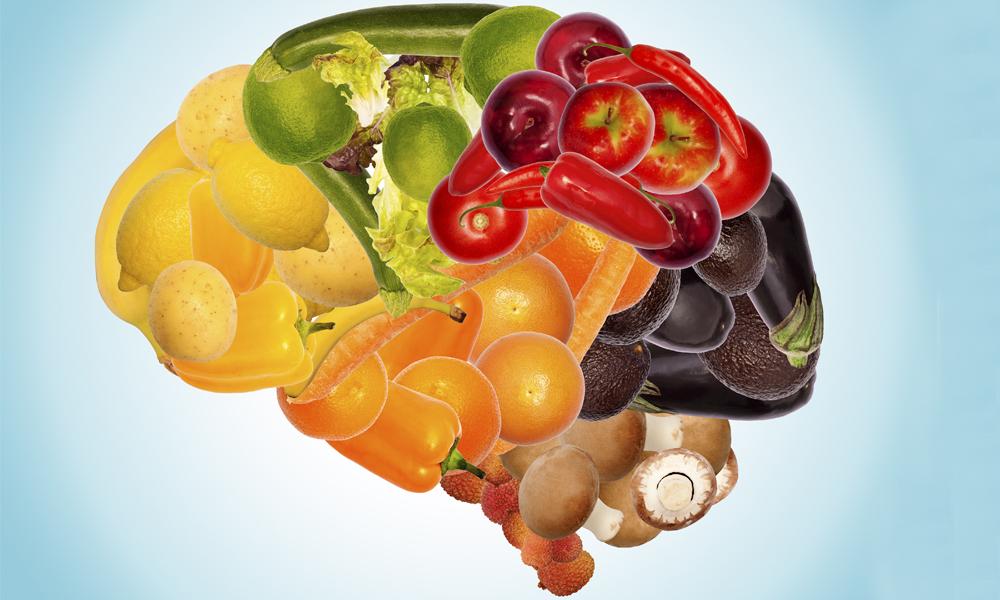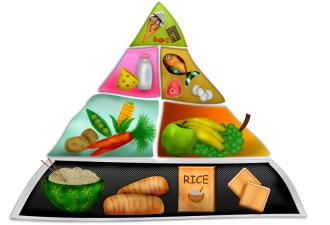
Nutrition and brain formation in babies and young children
Children's brain is a particularly vulnerable organ, affected by various factors. An infant is born with all the brain cells it needs, but these are not connected. The connections that will develop in the next few years will allow the child to learn the world around it. By the age of three, it will have created about one trillion connections. Nutrition plays a key role in the creation of these connections and the appropriate formation of the brain. The provision of adequate nutrients, listed below, will provide everything required for a child's body to achieve optimum growth.
Protein
Children's brains under development need protein or more specifically, amino acids to create neurotransmitters. Neurotransmitters allow brain cells to communicate with each other. For example, the amino acid tryptophan is the precursor for the production of serotonin, which in turn allows sleeping well. Norepinephrine, a neurotransmitter responsible for the ability of staying alert is created by the amino acid tyrosine. Infants need 9-11 grams of protein per day, which they easily get from milk, while children 2-4 years-old need about 13 grams on average (depending on weight) which they take by consuming milk and solid food.
Energy - calories
A study published in 2008 in India, where many children are considered to be suffering from malnutrition, showed that several among them suffer from delayed development and cognitive ability. Adequate calories and mainly carbohydrates, provide fuel to the brain for its normal function. Children between 2-5 years need 1,000 to 1,600 calories per day depending the somatometric characteristics and their activity. To ensure adequacy of the energy offered by nutrition, always check the weight and height curves. If they move in accordance and within the limits, then there is no need of concern.
Fats
Dietary fat is necessary for normal growth and formation of the nervous system, vision and brain function. Maternal milk contains DHA and AA polyunsaturated fatty acids, which are considered necessary, since they cannot be produced by the human body. Baby formulas are also fortified with these fats. Some studies show that organic milk is often richer than milk of conventional production. Apart from exceptional circumstances and only after the recommendation of a paediatrician or nutritionist, never exclude or reduce the fats in the diet of an infant or child under 5 years.
Vitamins and minerals
Certain vitamins and minerals significantly affect the formation of a child's brain. These include iron, zinc, copper, iodine, selenium, vitamin A, choline and folic acid. Maternal milk and infant formulas contain all these nutrients. The needs of an infant are small and are usually met by milk consumption. Iron is the only exception. For its coverage, please refer to another article where a specific reference is made. Studies that have assessed children with low iron levels, show poor performance in cognitive skills tests and can not easily follow their peers as regards the development rates.
Advice
The nutritional information and recommendations on infant-toddler diet are indicative and refer to general guidance for this age group. Time that every child can be introduced to solid foods or add more to it’s diet, must be individualized. We recommend to set advise from your pediatrician about the specific nutritional needs of your child.











